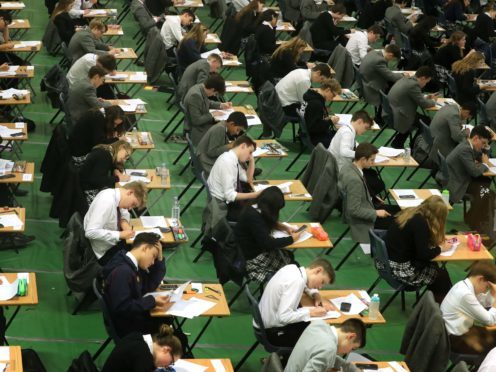Youngsters whose parents are diagnosed with cancer may benefit from extra support from schools, it has been suggested after a new study linked parental cancer to poorer grades.
Parental cancer was also linked to lower educational attainment and adult earning power.
Researchers from the University of Copenhagen examined data from Danish registries to link data on children born in Denmark between 1978 and 1999 and their parents.
Information was collected on whether a child’s parent was diagnosed with cancer before the ages of 15 and 18.
The information was compared to the child’s grade point average when they were 15. It was also linked to their educational attainment and disposable personal income at the age of 30.
Of all of the children studied, 4-5% had experienced parental cancer.
Youngsters whose parents had cancer had a slightly lower grade point average compared with children whose parents did not have cancer.
By the time they had reached the age of 30, children whose parents had cancer had a higher risk of only attaining the lowest levels of education.
They were also more likely to be in the lowest income quartile at the age of 30.
The findings were more pronounced if the parent had a cancer with a poor prognosis or if the parent had died of cancer, according to the study, published in the Journal of Epidemiology and Community Health.
The authors concluded: “Educational and socioeconomic attainments in early adulthood were affected negatively in individuals who had experienced parental cancer as children or adolescents. The associations appeared stronger the more severe the cancer was.
“These findings may indicate that some children who experience parental cancer would benefit from appropriate support and early educational rehabilitation in teenage years.”
